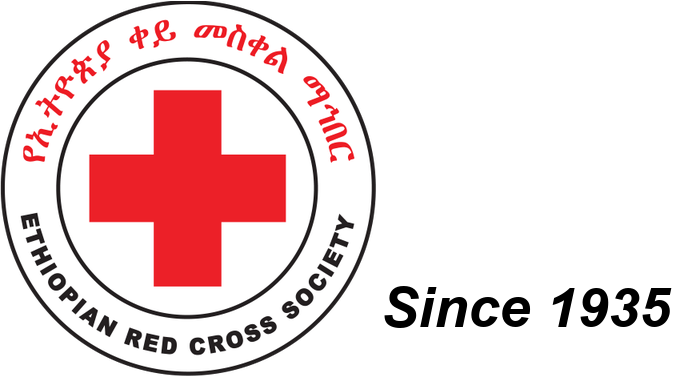ERCS Trains South Sudanese Refugees
May 13, 2014
Buses full of South Sudanese refugees drive through the mango and fish rich town of Gambella, in southwestern Ethiopia, before finally arriving at the newly set up refugee camp of Leitchor near the border with South Sudan.
According to official sources, there were more than 29,000 refugees in the Leitchor camp which opened in January, said Ochan Okello, head of the Ethiopian Red Cross Society regional branch in Gambella.
They are fleeing violence in South Sudan which erupted in December. Hundreds of thousands of people were forced from their homes and into camps within the country. More than 200,000 others have fled to neighbouring countries, including Ethiopia.
Delouth Tut is one of the refugees who came with the first convoy in late January. Although he appreciates the efforts authorities are going to in order to help the refugees, he remains anxious about the conditions at the camp and the possible outbreak of diseases. The area is hot and it will take us time to adapt to the conditions, says Tut.
In a bid to prevent the possible outbreak of diseases in the camp, the Ethiopia Red Cross Society, in collaboration with the International Federation of Red Cross and Red Crescent Societies (IFRC), has engaged refugees, training them in community-based disease surveillance and Participatory Hygiene and Sanitation Transformation (PHAST).
Some 100 South Sudanese refugees volunteered to participate in the training that took place in two make-shift classrooms.
Given the circumstances, we used a training methodology with lots of pictures, song, dance and games,says Negusie Sisay, a health professional from the Ethiopia Red Cross Society, deployed to train the refugees.
I am very happy about the training given by the Ethiopia Red Cross Society,says Tut who participated in the training. We are now trained on how to monitor the health situation of the surroundings and raise awareness among community members on how we can identify situations that might endanger our health.
IFRC allocated 125,220 Swiss francs from its Disaster Relief Emergency Fund to assist the Ethiopian Red Cross Society in supporting up to 30,000 refugees over three months. The operation includes hygiene, sanitation and emergency health interventions.
The Ethiopian Red Cross and IFRC are working in collaboration with the Gambella regional government and other humanitarian stakeholders.
According to official sources, there were more than 29,000 refugees in the Leitchor camp which opened in January, said Ochan Okello, head of the Ethiopian Red Cross Society regional branch in Gambella.
They are fleeing violence in South Sudan which erupted in December. Hundreds of thousands of people were forced from their homes and into camps within the country. More than 200,000 others have fled to neighbouring countries, including Ethiopia.
Delouth Tut is one of the refugees who came with the first convoy in late January. Although he appreciates the efforts authorities are going to in order to help the refugees, he remains anxious about the conditions at the camp and the possible outbreak of diseases. The area is hot and it will take us time to adapt to the conditions, says Tut.
In a bid to prevent the possible outbreak of diseases in the camp, the Ethiopia Red Cross Society, in collaboration with the International Federation of Red Cross and Red Crescent Societies (IFRC), has engaged refugees, training them in community-based disease surveillance and Participatory Hygiene and Sanitation Transformation (PHAST).
Some 100 South Sudanese refugees volunteered to participate in the training that took place in two make-shift classrooms.
Given the circumstances, we used a training methodology with lots of pictures, song, dance and games,says Negusie Sisay, a health professional from the Ethiopia Red Cross Society, deployed to train the refugees.
I am very happy about the training given by the Ethiopia Red Cross Society,says Tut who participated in the training. We are now trained on how to monitor the health situation of the surroundings and raise awareness among community members on how we can identify situations that might endanger our health.
IFRC allocated 125,220 Swiss francs from its Disaster Relief Emergency Fund to assist the Ethiopian Red Cross Society in supporting up to 30,000 refugees over three months. The operation includes hygiene, sanitation and emergency health interventions.
The Ethiopian Red Cross and IFRC are working in collaboration with the Gambella regional government and other humanitarian stakeholders.
